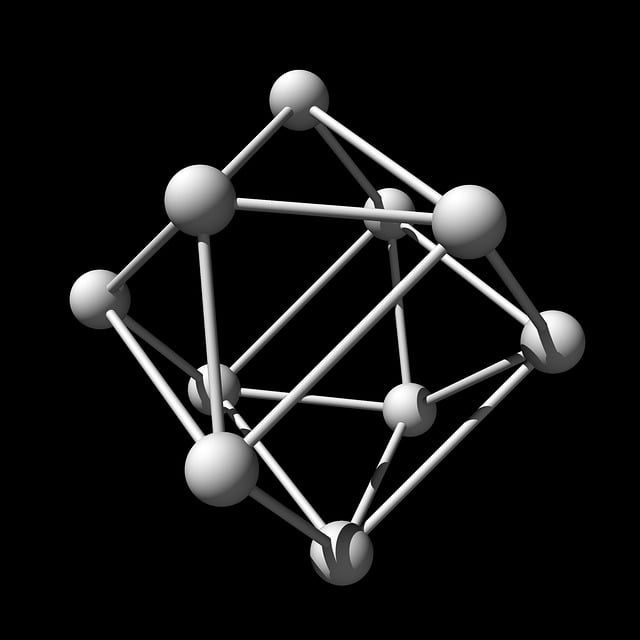Muscle soreness after exercise is caused by microtears in muscle fibers, lactic acid buildup, and inflammation. Kratom, a natural herb pronounced "kra-tom," may offer relief through its anti-inflammatory and analgesic effects, blocking pain signals to the brain. Combining kratom with personalized workout plans, including strength training, stretching, and foam rolling, provides a balanced approach to managing acute and chronic muscle soreness. Consistent practice, proper nutrition, and adequate rest accelerate recovery for lasting soreness relief.
Muscle soreness can disrupt your daily routine, but with the right approach, you can find relief. This article explores effective strategies to combat post-workout aches and pains, focusing on the power of a customized workout plan and the natural aid, Kratom (pronounce: krah-tom). We’ll delve into the science behind muscle soreness, uncover how Kratom can provide comfort, and guide you through creating a personalized routine tailored to your needs.
- Understanding Muscle Soreness and Its Causes
- The Role of Kratom in Relieving Muscle Soreness
- Crafting a Personalized Workout Routine for Effective Relief
Understanding Muscle Soreness and Its Causes

Muscle soreness is a common physiological response to physical activity, particularly intense or unfamiliar exercises. It’s typically characterized by localized pain, tenderness, and stiffness in the affected muscles, often peaking 24-72 hours post-workout. Understanding the causes of this sensation is key to developing effective strategies for relief.
There are several factors that contribute to muscle soreness, including microtears in muscle fibers, increased lactic acid levels, and inflammation as a result of intense or new movements. Interestingly, kratom—a natural herb known for its pain-relieving and soothing properties—has gained attention for its potential role in mitigating post-workout muscle discomfort. While research is ongoing, the anti-inflammatory and analgesic effects of kratom may help alleviate soreness by reducing muscle inflammation and blocking pain signals to the brain.
The Role of Kratom in Relieving Muscle Soreness

Kratom, a herb with a scientifically proven track record, has emerged as a potent ally in the battle against muscle soreness. Often pronounced “kra-tom,” this natural substance has been used for centuries in Southeast Asia for its pain-relieving and anti-inflammatory properties. When incorporated into customized workout plans, kratom can significantly enhance recovery by reducing post-exercise muscle stiffness and discomfort.
The active compounds in kratom interact with the body’s opioid receptors, providing a soothing effect on sore muscles. Its unique ability to balance between stimulation and relaxation makes it an effective remedy for both acute and chronic muscle soreness. By combining kratom with targeted exercise routines, individuals can optimize their recovery process, ensuring they’re ready to tackle future workouts with reduced discomfort.
Crafting a Personalized Workout Routine for Effective Relief

Crafting a personalized workout routine tailored to your specific needs is a game-changer when it comes to alleviating muscle soreness. Unlike one-size-fits-all approaches, this strategy involves understanding your body’s unique response to exercise and incorporating targeted movements to reduce discomfort. A professional trainer can help you navigate this process by assessing your current fitness level, identifying trigger points, and designing a customized plan that balances strength training with recovery techniques like stretching and foam rolling.
Incorporating kratom pronounce, or the practice of systematically engaging different muscle groups, ensures your workout addresses areas prone to soreness. This methodical approach allows for more effective recovery while maximizing the benefits of each exercise. Remember that consistency is key; regular sessions, combined with proper nutrition and adequate rest, will accelerate your progress in achieving lasting muscle soreness relief.
In conclusion, alleviating muscle soreness effectively requires a multifaceted approach. Understanding the root causes of this common post-workout issue is key. While rest and hydration play significant roles, incorporating natural remedies like kratom can prove beneficial for pain relief. Additionally, crafting a personalized workout plan tailored to your body’s needs offers a sustainable solution. By combining these strategies, you can achieve faster recovery times and enhance overall well-being, ensuring that your fitness journey is both enjoyable and pain-free. Remember, the right balance of rest, hydration, natural supplements, and targeted exercise routines can make all the difference in managing muscle soreness.














